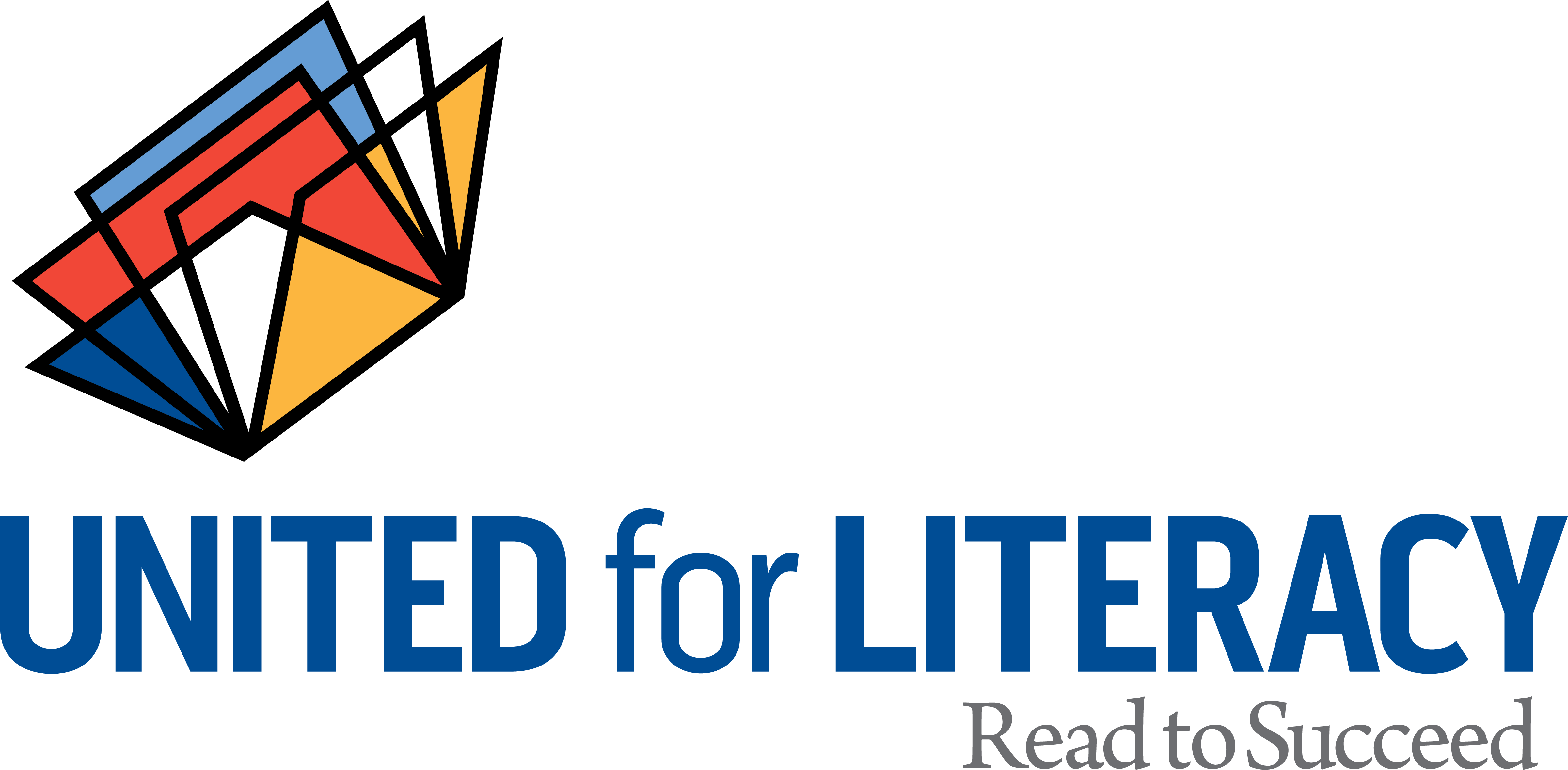By: Lisa Bock
YWCA Northwestern Illinois, Child Care Resource & Referral Director
As a parent, finding time to sit down and read to your children can be challenging. Between making school lunches, checking homework, and managing appointments, it’s easy to feel overwhelmed. After a long day, you might just want a moment to unwind before the next one begins. However, early literacy is crucial for a child’s future academic success and lifelong learning. Exposure to reading from an early age prepares children for school by developing essential skills and knowledge. Children with a strong literacy foundation are better equipped to engage in classroom activities, participate in learning, and follow instructions.
To make reading feel less like a chore and more like a spontaneous, fun activity, try incorporating various literacy techniques. Reciprocal reading is one of my favorite methods as this approach involves predicting, clarifying, questioning, and summarizing as you read. It encourages children to engage with both you and the text, making the experience interactive.
While reciprocal reading is great for group settings, it works just as well with one child. Here’s how you can do it:
- Predicting: Ask your child, "What do you think this book is about?" or "What do you think will happen next?" Encourage them to make predictions as you read.
- Clarifying: Invite your child to ask questions about anything confusing, such as unfamiliar vocabulary or concepts. If they don’t ask, you can prompt them with questions like, "What does this mean?" or "Do you know what this word is?" Listening to stories introduces children to new words and helps them understand meanings through context.
- Questioning: Encourage your child to ask questions about the story or pictures. This deepens their understanding and engagement with the material.
- Summarizing: Ask your child to summarize what has happened in the story so far. It’s always interesting to hear how children interpret and retell the story in their own words.
You don’t have to read a book word for word to make it count. There are plenty of other fun ways to incorporate literacy into your daily routine:
- Reading Pictures: Discuss the images in a book by asking your child what they see, identifying shapes or colors, or even counting objects. For example, if there’s a basketball on the page, ask, "What shape is the basketball? What color is it? What letter does ‘basketball’ start with? What do you do with a basketball?"
- Singing Songs and Reciting Poems: Make literacy fun by singing songs together or even making up your own. This helps with rhythm, memory, and language development.
- Drawing and Writing: Encourage your child to draw, allowing them to express their emotions and thoughts. This activity develops language skills, fine motor skills, and imagination. Early scribbles are an important step toward reading.
- Creating Their Own Story: Have your child write their own story. This expands their vocabulary and encourages creativity. It’s a great option when you don’t have a book on hand.
The YWCA, in partnership with various organizations, is collaborating with United Way of Rock River Valley on the United for Literacy campaign to increase literacy rates in Winnebago County. Everyone—parents, guardians, childcare providers, family members, and friends—can contribute by making literacy an enjoyable and essential part of daily life. This ensures that every child enters kindergarten with the foundational skills to read. Studies show that children who read below grade level by third grade are more likely to face academic challenges later on, which can lead to increased dropout rates, incarceration, and poverty.
Need help finding books to read with your child? If you live in Winnebago County, you can enroll your child in Dolly Parton’s Imagination Library through United Way of Rock River Valley. From birth to age 5, a free age-appropriate book is mailed monthly to your child’s home. So, grab a book, a cozy spot, and let the reading adventures begin. With just a few minutes each day, you’re not just turning pages; you’re turning little learners into lifelong readers!

